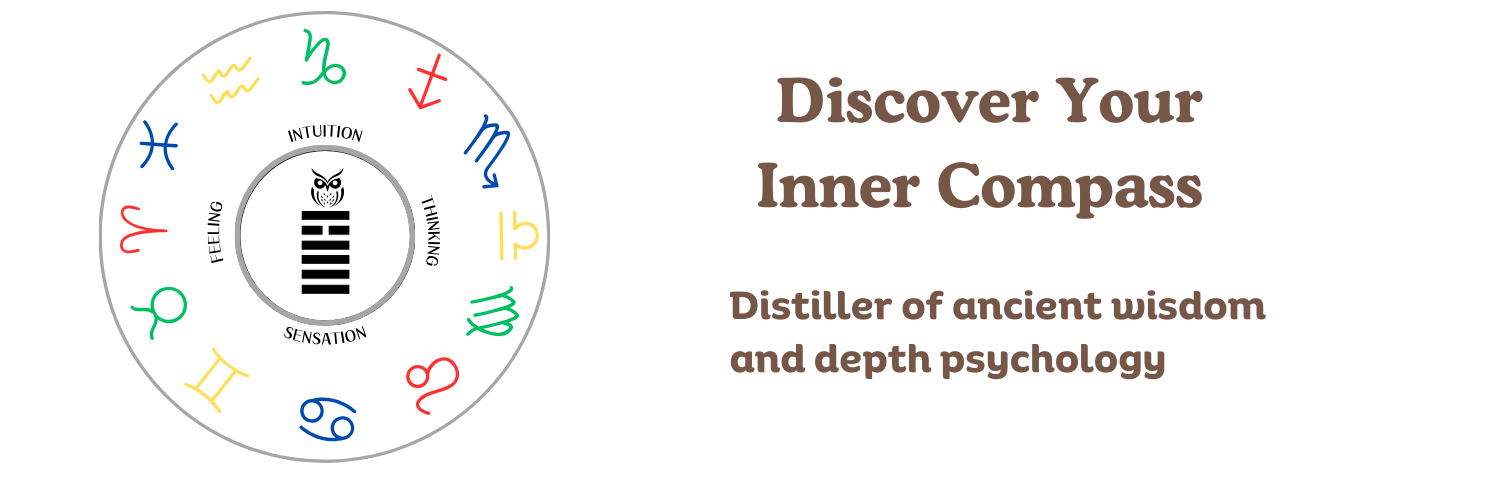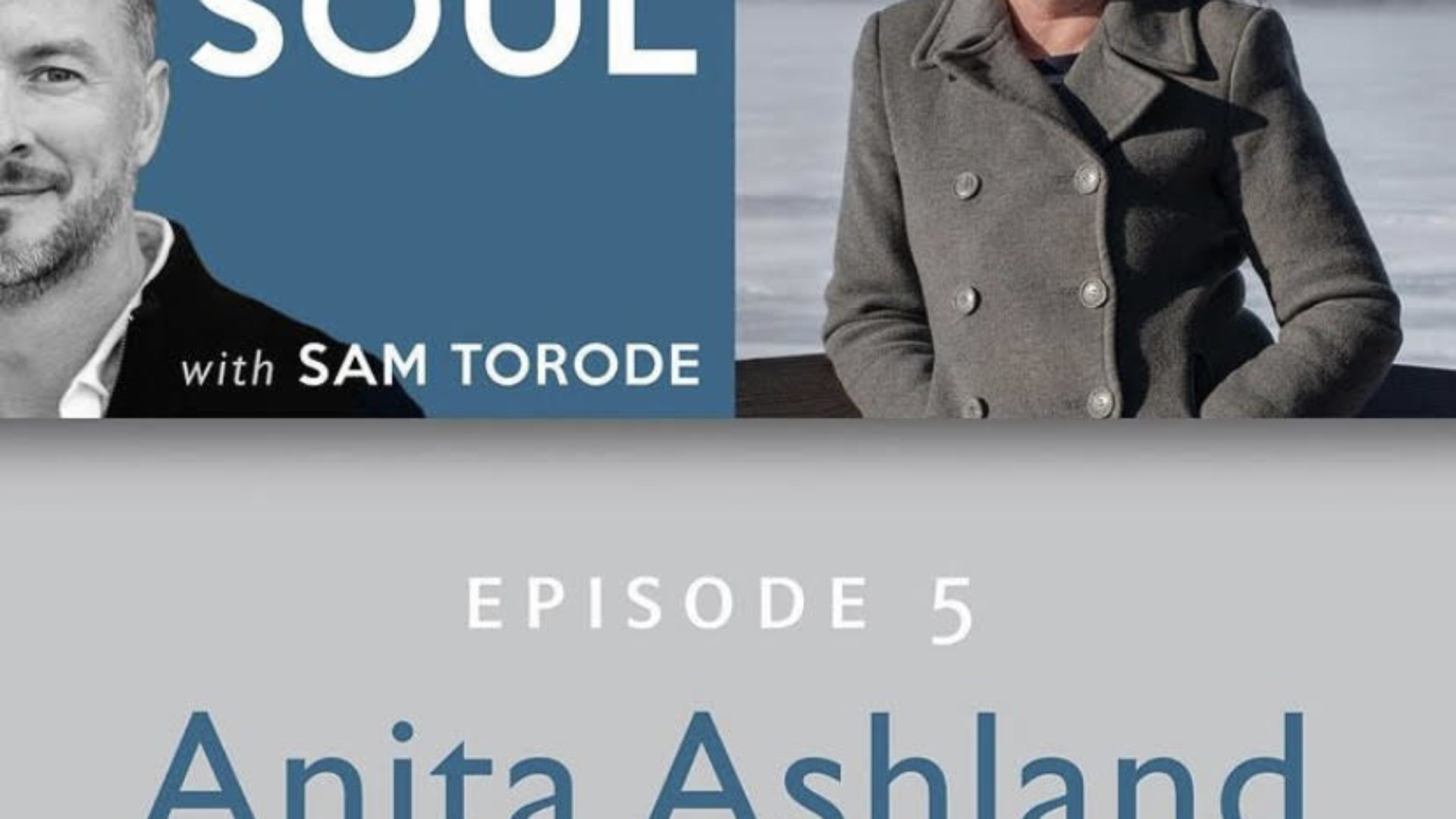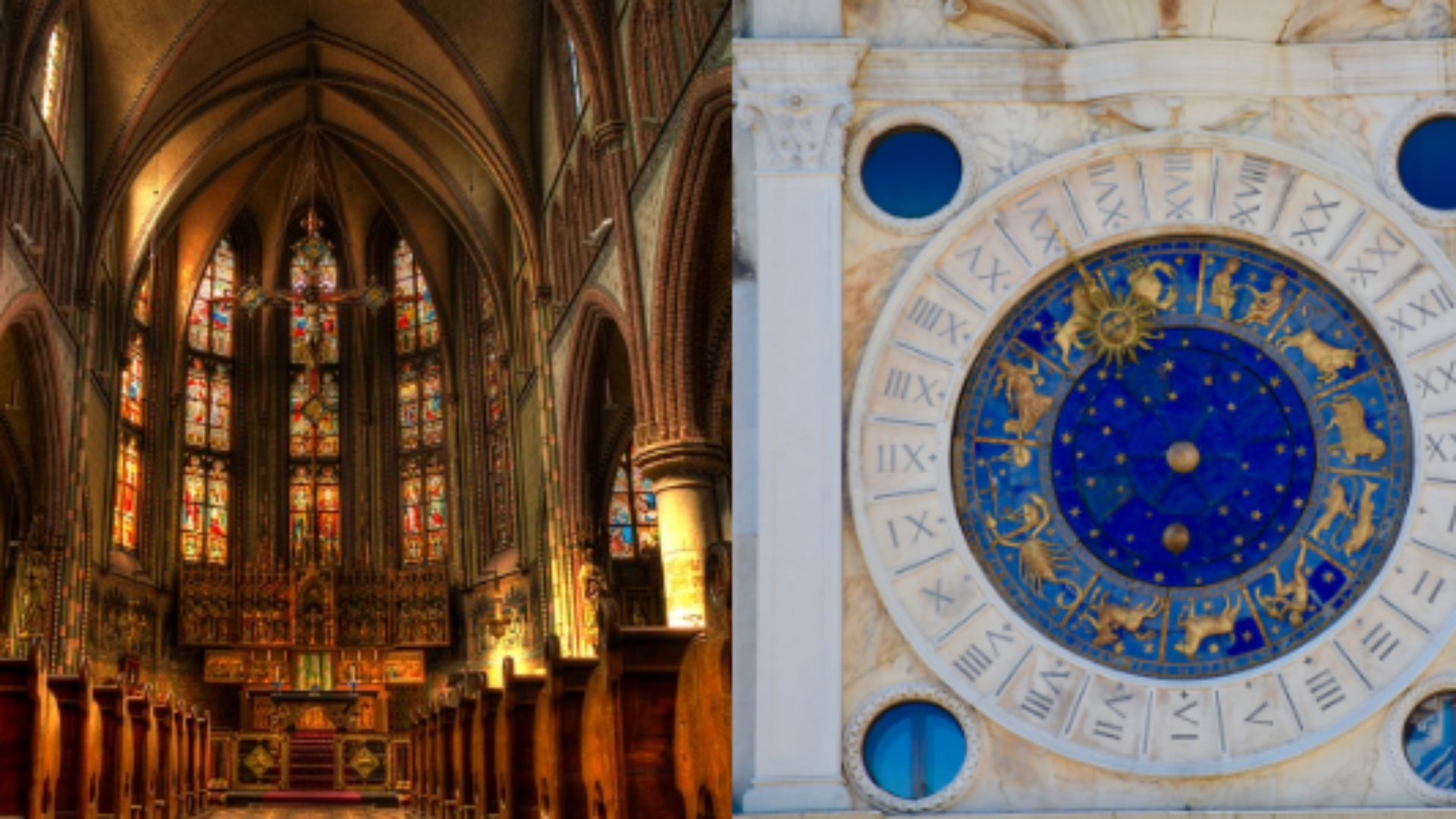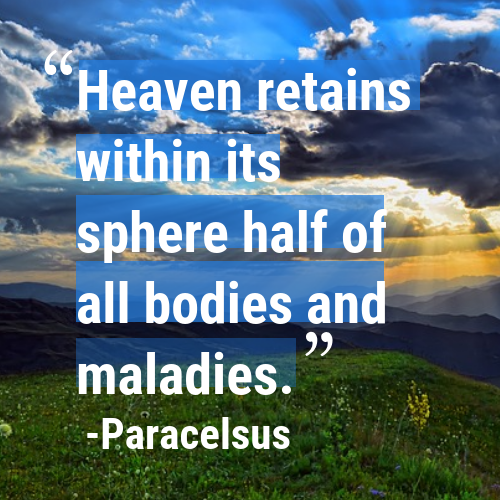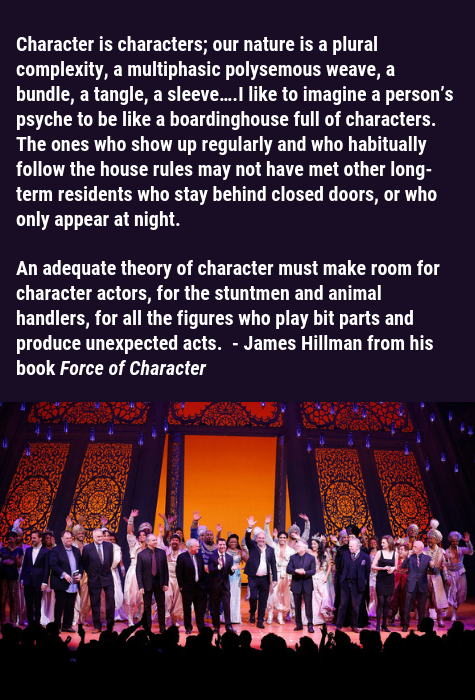From Eastern Orthodox Christianity to Jungian psychology and Hellenistic Astrology: my debut as a podcast guest
My friend Sam Torode, who is an author and an artist, interviewed me for his Living From the Soul podcast. My podcast debut!
Per his description: “First, they talk about their shared history joining the Eastern Orthodox Church in early adulthood, and their reasons for leaving. They discuss the paradigm shift from a literal reading of religious language to a metaphorical, symbolic understanding. Anita then delves into Jungian psychology, the Myers-Briggs personality type indicator, and Hellenistic astrology. This quote from Jason E. Smith summarizes her theme: “Religious institutions should not be seen as repositories of truth, but instead as opportunities for the individual’s own experiments in truth.”
You can find the podcast on your favorite podcast platform, such as Spotify or Apple podcast. Or you can listen to the YouTube version.
The show notes are below, which have links to the books, resources, and people I discussed.
Show notes:
Cosmos and Psyche by Richard Tarnas
Religious But Not Religious by Jason E. Smith
Nate Craddock (see especially his interview on the Astrology Podcast about Christianity and astrology)
James Hillman and the Peaks and Vales essay is from Senex and Puer
Nightlight Astrology classes and YouTube channel by Acyuta-bhava Das (Adam Elenbaas)
As for the personality typology, you can find many posts about that here on this blog, of course.
We didn’t get around to mentioning it on the podcast, but there is a Facebook group called Exodoxy for people who are former Eastern Orthodox Christians, or current members with one foot firmly out the door. It’s a private place to discuss our past struggles with the church and our current spiritual and philosophical interests. If you meet the criteria (there are a series of questions you have to answer to gain admittance to the group) you are welcome to join.
And, finally, please check out Sam’s books. I especially like Everyday Emerson, Living From the Soul, his translation and paraphrase of Meditations by Marcus Aurelius, and his translation and paraphrase of Tao Te Ching.
